'Here & Now' Highlights: Jake Baggott, Will Cushman, Karola Kreitmair, Barry Burden
Here's what guests on the Jan. 21, 2022 episode had to say about returning UW-Madison students in the midst of the Omicron surge, whether it has yet to peak in Wisconsin, medical ethics involved in treating COVID-19 patients and why the state figures so prominently in the national politics of election practices.
By Frederica Freyberg, Kristian Knutsen | Here & Now
January 24, 2022
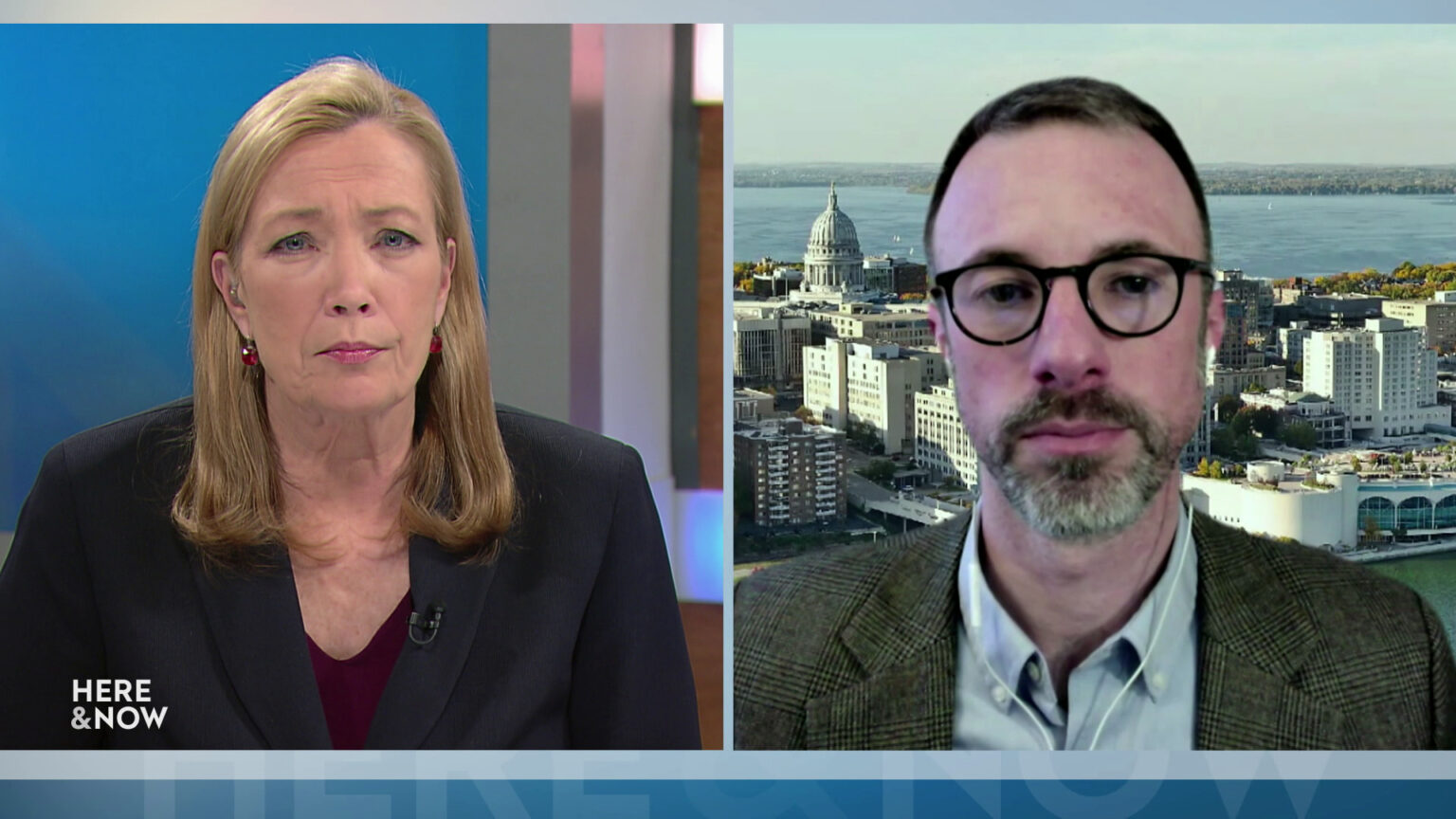
Frederica Freyberg and Barry Burden (Credit: PBS Wisconsin)
UW-Madison health administrator Jake Baggott believes COVID-19 mitigation strategies the university has had in place during the course of the pandemic will serve the campus well in the Omicron surge. Here & Now reporter Will Cushman explains how even when Wisconsin does start to recede from the peak of this COVID-19 spike, it will still take some time for cases to decline. Bioethicist Karola Kreitmair describes why hospitals treat critically ill patients according to need, regardless of their vaccination status. Barry Burden, the director of the UW-Madison Elections Research Center, said Wisconsin’s investigation into the 2020 election stands out among similar inquiries in states across the country.
Jake Baggott
Associate Vice Chancellor and Executive Director, UW-Madison University Health Services
- UW-Madison students are starting the spring 2022 semester, the fifth since the COVID-19 pandemic first struck the state. As the spread of the disease remains sky high with the omicron variant, the university is rolling out preparations to mitigate its spread, even as the vast majority of students and staff have been vaccinated. The university is cautioning students to get tested before returning to campus and to hold off on their return if positive. More directly, it’s distributing rapid tests, higher-quality N95 and KN95 masks and encouraging booster shots.
- Baggott: “The things that they’ve been doing all along to protect themselves — those good health practices — being thoughtful about how you spend your time, wear face coverings when inside, particularly when … you’re not sure if you’re around fully vaccinated individuals. Take advantage of the testing capacity that’s available here on campus, in our communities, and even the federal government is starting to roll out in larger numbers. Those things will help you kind of pay attention to what’s going on. Follow health protocols and we feel like we’ll be in a strong position going into the start of the semester.”
Will Cushman
Reporter, Here & Now
- The Wisconsin Department of Health Services has been reporting the highest number of COVID-19 cases since the start of the pandemic, a winter surge fueled by the incredible infectious capacity of the omicron variant. The spread has been so rapid that it compelled the agency to update how new cases are reported, which in turn contributed to a several-day spike when the backlog was cleared. Despite this data-related factor, the 7-day average remains at a higher level than at any point in 2020 or 2021, with many of the new cases among children. However, health officials warn that omicron still may not have peaked in the state.
- Cushman: “The evidence isn’t quite there yet. And they also reminded us that once we do have that peak, there will be just as many infections on the down side from that peak as there were leading up to it. So we will by no means be out of the woods just because we hit the peak.
Karola Kreitmair
Assistant professor, UW-Madison Dept. of Medical History & Bioethics
- With hospitals strained by the numbers of patients infected with COVID-19, an inescapable question arises: Should unvaccinated and thereby more likely to be sick covid patients be given priority over patients who are vaccinated?
- Kreitmair: “Medicine is not, nor should it be the moral arbiter of deserving this right. If someone comes in with a heart attack because they didn’t listen to our advice and continue to eat cheeseburgers or didn’t run on the treadmill, we don’t say ‘well, tough, that was your own fault.’ No, we treat people based on what they need … We shouldn’t be blaming people for their lack of vaccination. If we want to blame someone, we should be blaming those people who are spreading lies and misinformation that is causing people to think that they are better off if they’re unvaccinated.”
Barry Burden
Professor, Director, UW-Madison Elections Research Center
- Efforts on the part of Wisconsin Republican lawmakers to investigate the 2020 vote are not drawing on the expertise of people who run elections and have an open-ended quality to them with no clear resolution, asserted Burden. The investigation by former state Supreme Court Justice Michael Gableman stands out among the efforts across the country, he said.
- Burden: “I think the only parallel would be the Cyber Ninjas investigation that took place in Arizona. That was funded mostly by private dollars rather than state dollars the way the Gableman investigation is. But both of them were run by people with no expertise in the field, staffed mostly by either Trump supporters, Trump loyalists, or people who were election skeptics and deniers and have no endpoint, no limitation of scope, no clear questions defined. … Sometimes it’s voting machines. Sometimes it’s purging of voters. Sometimes it’s private contracts. Sometimes it’s drop boxes. So it’s unclear how a project like that ever reaches something convincing at the end of the work.”
- Notwithstanding his problems with the current election investigation, Burden would welcome what he characterized as a serious review of the 2020 election.
- Burden: “I think there are good questions to be raised about areas of state law that should be clarified after the election, particularly around absentee voting, with so many people voting by mail or voting early for the first time. What should be done about nursing homes and with drop boxes and all of the issues that became part of the election infrastructure? Some of those things are just not well specified in the law because they weren’t anticipated for good reasons. And so I think some serious consideration for how to tweak the laws is warranted.”
Watch new episodes of Here & Now at 7:30 p.m. on Fridays.
 Passport
Passport




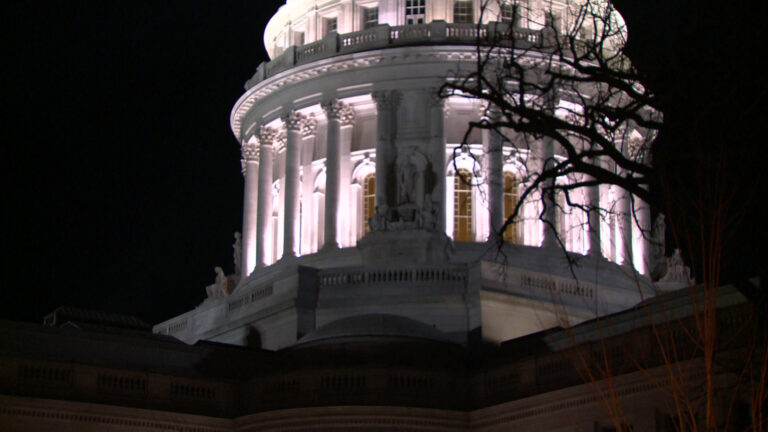
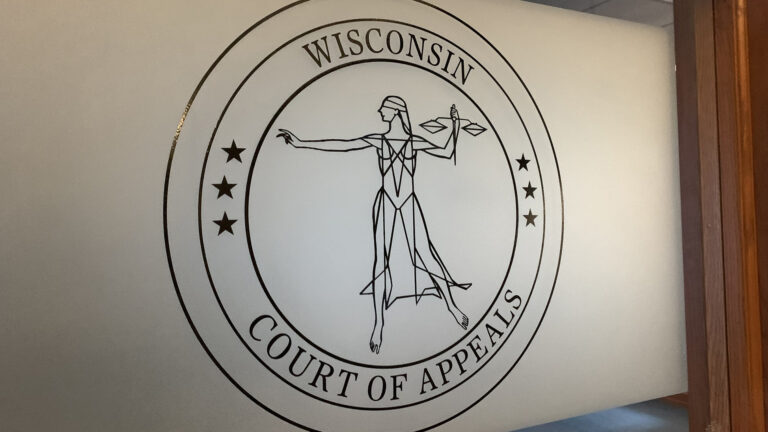
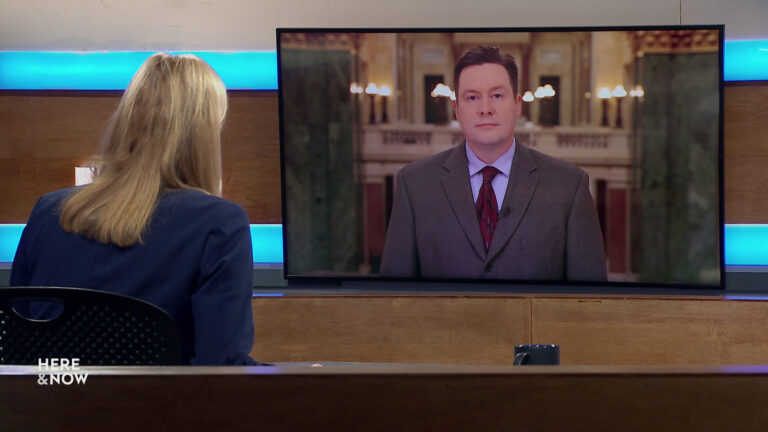
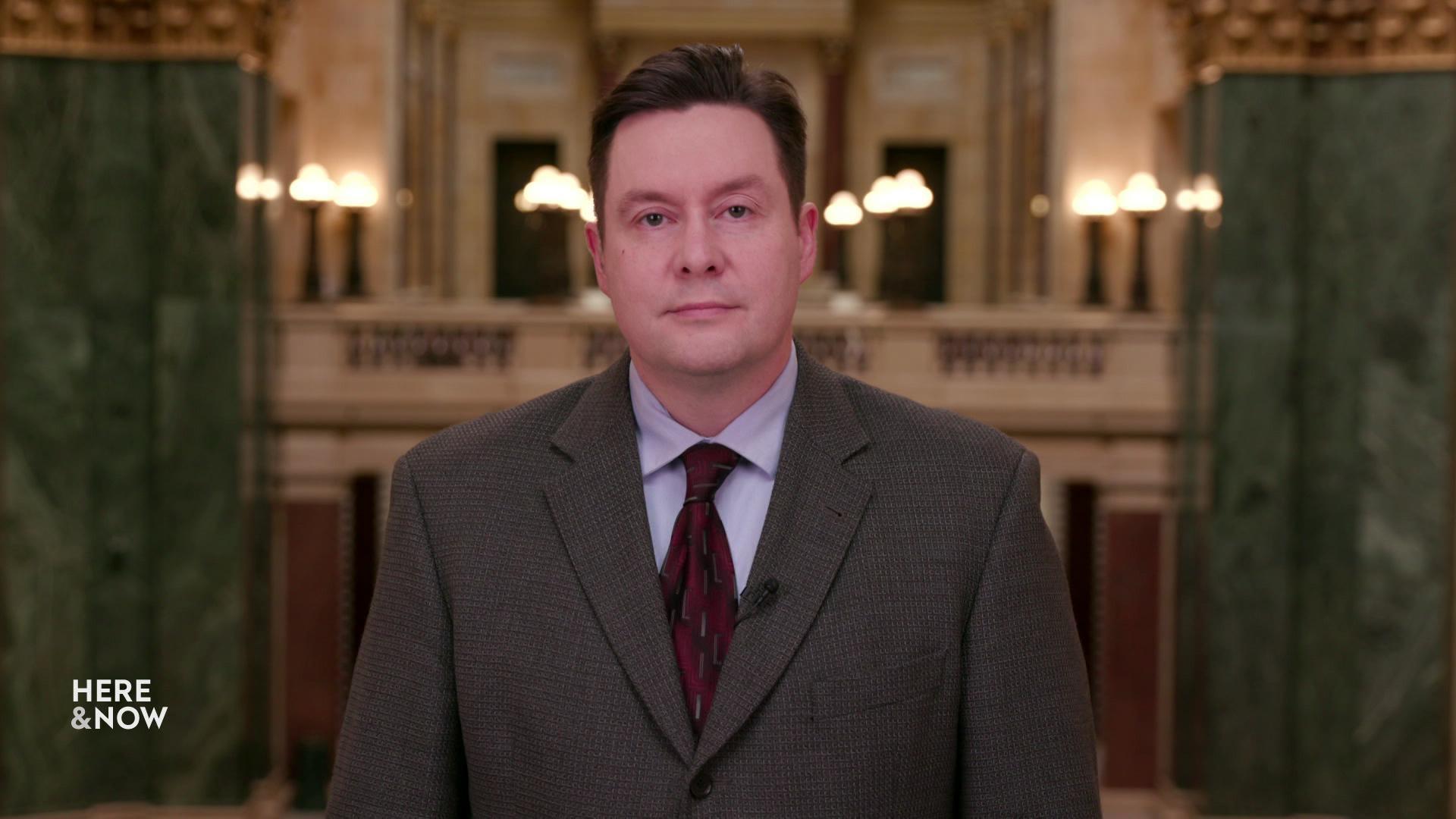
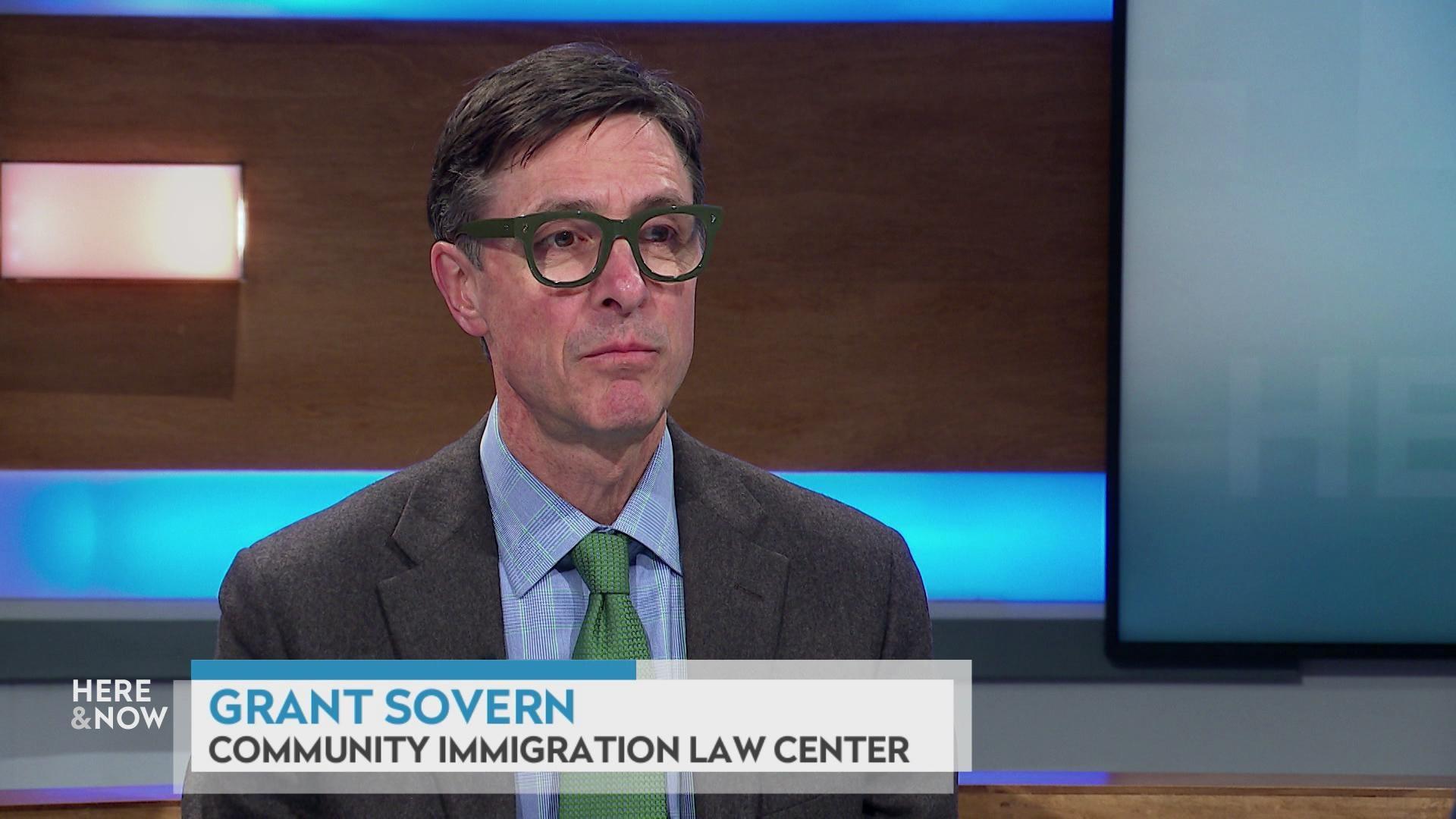
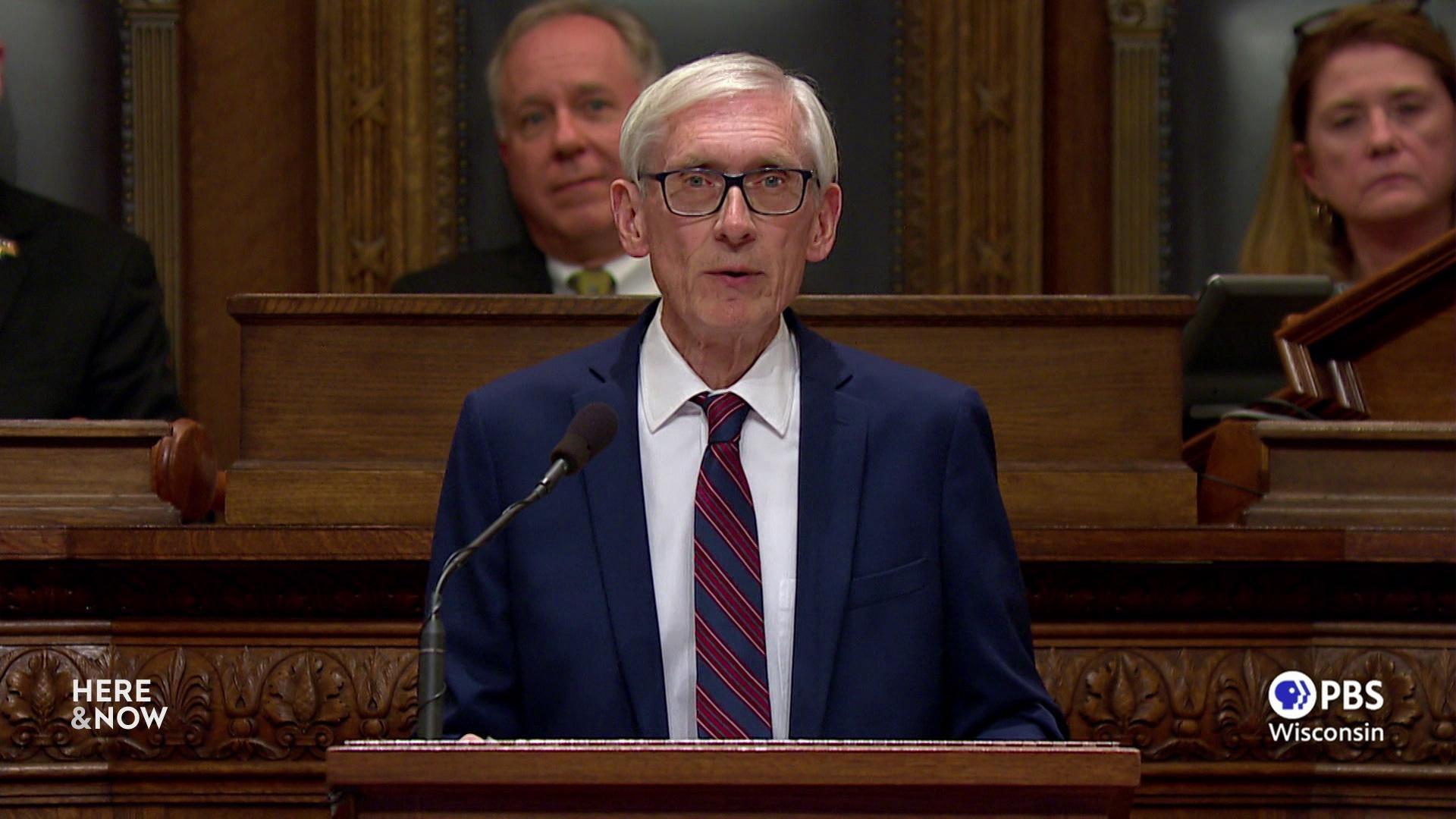

Follow Us